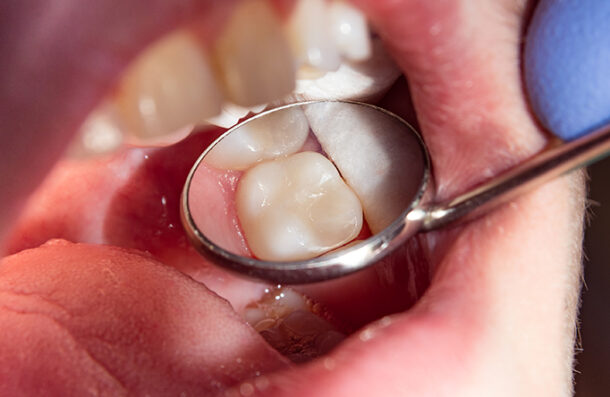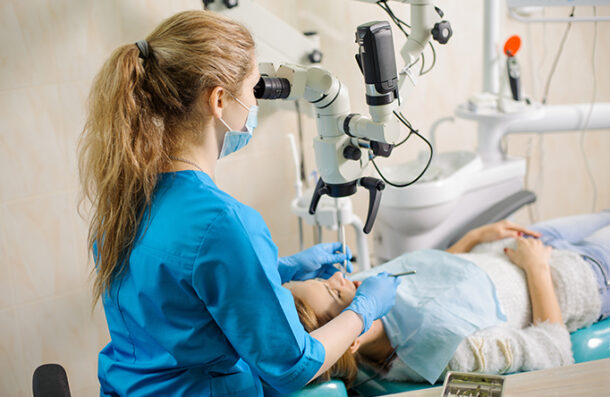Periodontics
- Home
- /
- Treatments
- /
- Advanced Dentistry
- /
- Periodontics
Periodontics is a field of dentistry offered at Larkham House, concerned with the prevention, diagnosis, and treatment of periodontal disease, known as gum disease.
Dr Vivek Giddani has a special interest in Periodontics after completing a post-graduate diploma in Periodontology at Peninsula Dental School in Plymouth.


